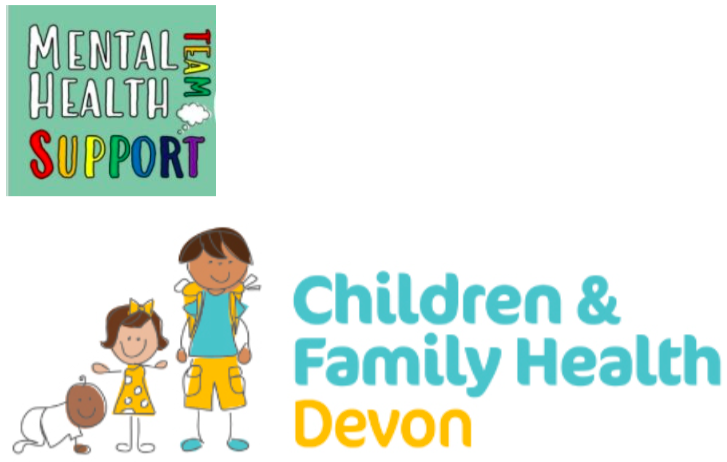 Pupil Wellbeing
Pupil Wellbeing
At Haytor View Community Primary School wellbeing is at the heart of our school, from the greeting the child gets in the morning, the knowledge the practitioner has regarding each child in their care. From the individual experiences each child has, to
Safeguarding, RSE and PSHE lessons, wellbeing is threaded throughout our school day.
The social and emotional skills that young people develop at Haytor View Community Primary School can support them in developing resilience and provide a framework for how they manage their mental health and well being.
Evidence shows that mental health and wellbeing programmes in schools, can lead to significant improvements in children’s mental health, and social and emotional skills. Wellbeing provision in schools can also lead to reductions in challenging behaviours and promotes positive relationships.
Pupils with better health and wellbeing are likely to achieve better academically. Effective social and emotional competencies are associated with greater health and wellbeing, and better achievement.
At Haytor View Community Primary School we work with an Education Mental Health Practitioner (EMHP) to support children in our setting. The EMHP works with children with low-level/mild to moderate common mental health difficulties (anxiety, low mood and behavioural difficulties). This is an early intervention service that provides clear and tailored Low-Intensity Cognitive Behavioural Therapy (LI-CBT) interventions focused on guided self-help.
The EMHP is working collaboratively with Haytor View to establish a ‘Whole School Approach’ to mental health & wellbeing, this has included:
- Completing an audit of current provision;
- Identifying priorities;
- Planning training;
We are looking at developing an annual well being survey for children in the Spring term, based on the Anna Freud National Centre for Children and Families Well Being Measurement Framework for Schools, with the aim to:
- Provide a snapshot of the strengths and challenges children are facing, which can be used to target support
- Help to evaluate interventions
- Provide a positive message to children, parents and carers that the school is focused on students’ wellbeing.